Representatives from various western entities have met in Oslo in order to once again reiterate calls for dialogue to end the war in Sudan. The call comes as Sudan’s war is about to hit its one year mark, and the humanitarian situation continues to decline.
A Joint Call
Special Envoys and representatives from France, the UK, the EU, Norway, and the US have met in Oslo, Norway, in order to hold discussions on potential paths towards peace regarding the war in Sudan.
Following the conference, the nations issued a joint statement in which they stated that “there is no military solution to the conflict,” and issued a “call on the warring parties to stop the fighting and agree to a sustained ceasefire immediately.”
As a means of bringing about a potential end to the war, they expressed support for “the proposed restarting of the talks at Jeddah.” Several peace conferences had taken place in the past in Jeddah, Saudi Arabia, aimed at ending the war in Sudan. Despite multiple conferences, and multiple ceasefires being established, the war rages on as all ceasefires have been violated and all responsibilities for both sides established during the conferences have been ignored.
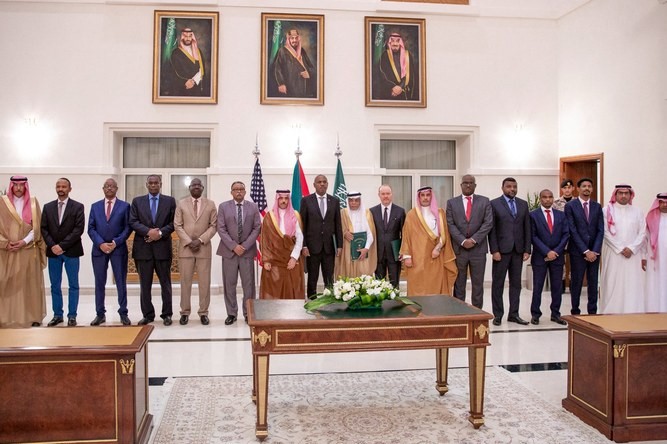
While talks in Jeddah have broken down completely and have not been held in several months, the US close to the end of March expressed hopes for resuming the talks after the end of the Islamic holy month of Ramadan, which ended on April 9th.
The US’ Special Envoy to Sudan, Tom Perriello, stated the talks will aim to be “inclusive,” involving African states, regional bodies, as well as Gulf states. Future talks will reportedly involve the AU, the Intergovernmental Authority on Development (IGAD, an East African economic bloc of which Sudan is a member), the US, Saudi Arabia, Egypt, and the UAE.
Notably, in the beginning of March the UN Security Council adopted a resolution calling for a ceasefire in Sudan for the duration of Ramadan, a ceasefire which neither side, the Sudanese military government, nor the paramilitary Rapid Support Forces, implemented.
In closing their joint statement, the nations expressed support for an upcoming humanitarian conference in Paris. On April 15th, the one year mark of the war’s beginning, France is hosting a conference aimed at drumming up funding for various humanitarian programs.
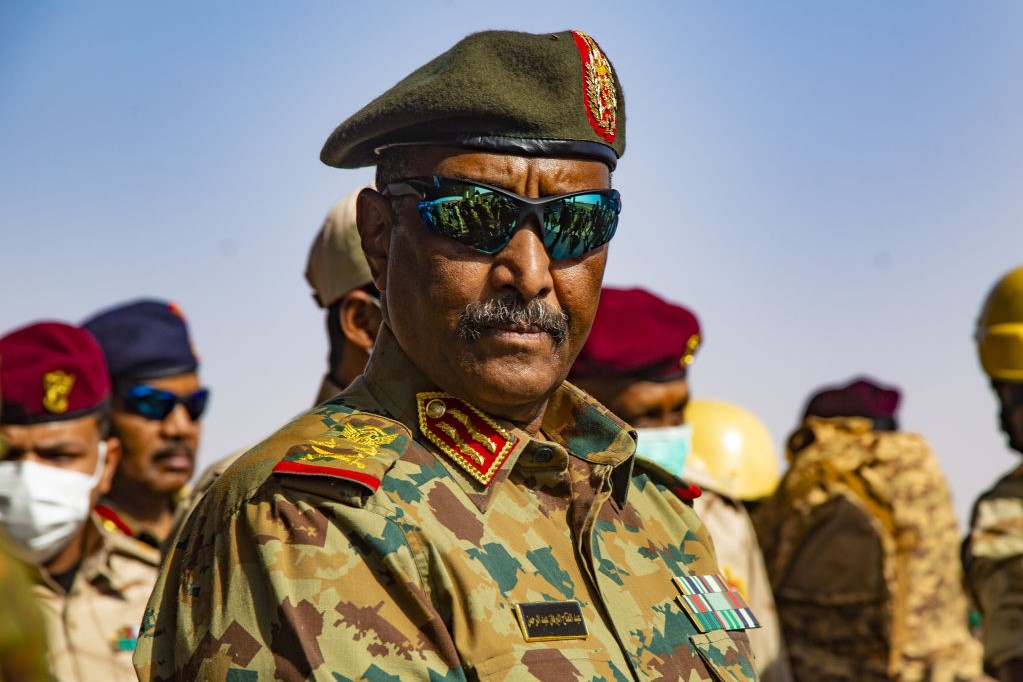
While the UN and other organizations attempt to provide humanitarian assistance to millions of Sudanese civilians, they face a number of barriers in the way of performing their tasks to their maximum ability. Namely, heavy combat renders a number of areas simply inaccessible, but also a significant lack of funding makes the supplies that they are able to deliver notedly lacking.
The conference in Paris is being hosted in an attempt to mitigate this issue. The UN has requested an additional 4.1 billion USD in funding in order to properly address humanitarian needs in Sudan.
The joint statement, issued by the Norwegian government, may be read here.
The War in Sudan: One Year On
Sudan’s war is rapidly approaching the one year mark, having begun on April 15th, 2023. The war has seen significant portions of Sudan’s infrastructure damaged or destroyed, millions displaced, thousands killed, reports of rampant ethnic-based violence, and Sudan’s economy tank further than it already had been. The situation is worsened by the fact that Sudan had endured several years of civil conflict prior to the war’s beginning.
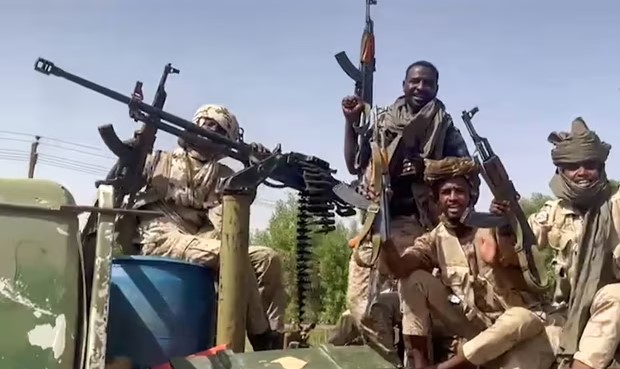
The war began between the Sudanese Armed Forces (SAF) and the paramilitary Rapid Support Forces due to disagreements on if/how the RSF should be integrated into the military, and power sharing agreements amidst the long process of transitioning into a civilian government.
Since the war’s beginning, Sudan has grown into the world’s largest internal displacement crisis. Approximately 8.5 million people are internally displaced within Sudan, the majority of whom (above six million) were displaced since the war began in April, with the remainder having been displaced in previous civil conflicts.
The 8.5 million are joined by nearly two million additional people that have fled Sudan completely, becoming refugees in neighbouring countries. This brings the total of displaced Sudanese civilians to approximately 10.5 million.
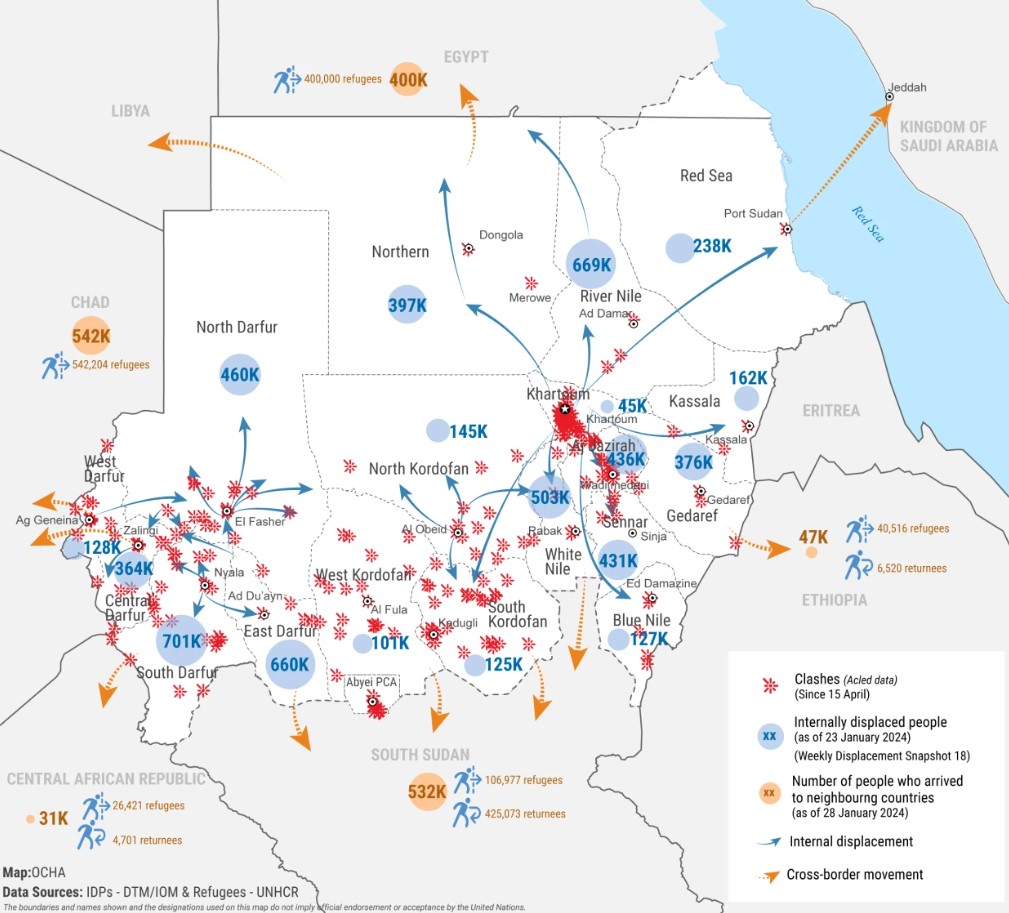
The war has also spawned with it an extensive humanitarian crisis. Prior to the war, significant portions of Sudan’s population were reliant upon humanitarian aid. Since the war began, this problem has only worsened, with approximately 18 million people within Sudan being food insecure. If Sudan, Chad, and South Sudan are grouped together, 25 million people are experiencing varying levels of food insecurity, representing a massive need for humanitarian aid.
Of Sudan’s 18 million, five million are experiencing emergency levels of hunger. The WFP has additionally stated that approximately 90% of those experiencing emergency levels of hunger are in areas that are simply inaccessible to the World Food Programme (WFP), meaning they are going entirely without aid.
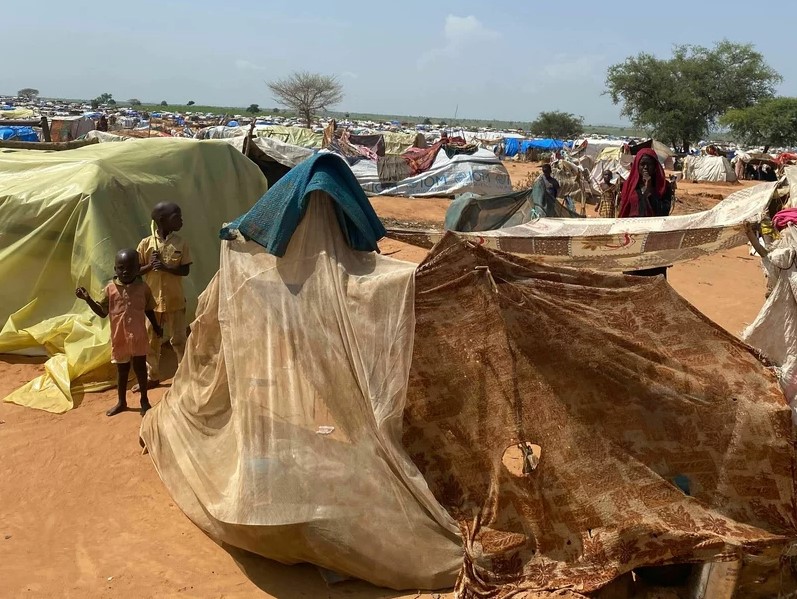
Due to the lack of humanitarian aid that is entering Sudan, the WFP recently warned that the hunger crisis the nation is experiencing is threatening to become the world’s largest. If it does, this would not be the first time Sudan has held this title, as the hunger crisis experienced in Darfur, western Sudan, was the largest in the world 20 years ago.
In addition to a lack of proper funding and the heavy fighting throughout the nation, the WFP has additionally stated that “insecurity, restrictions, threats, roadblocks, and bureaucratic impediments” further harm humanitarian aid efforts.
Over the course of the war, at least 13,000 people (as of January 2024) have been killed. Casualty numbers are likely heavily underreported.
The UN has attributed ethnic violence to both sides, in particular to the RSF, who has reportedly carried out a number of massacres against civilian populations in Darfur. Darfur has a history of ethnic violence, and many of its populations have been targeted in Sudan’s previous conflicts as well.
The US and the EU have implemented sanctions on a number of different Sudanese companies that are involved in the war in differing capacities.
Repeated peace attempts have been complicated by a lack of commitment demonstrated by both sides. While there are hopes the upcoming talks in Jeddah, which have no set date, will be successful, there still remains a chance they will end up as previous talks have.


